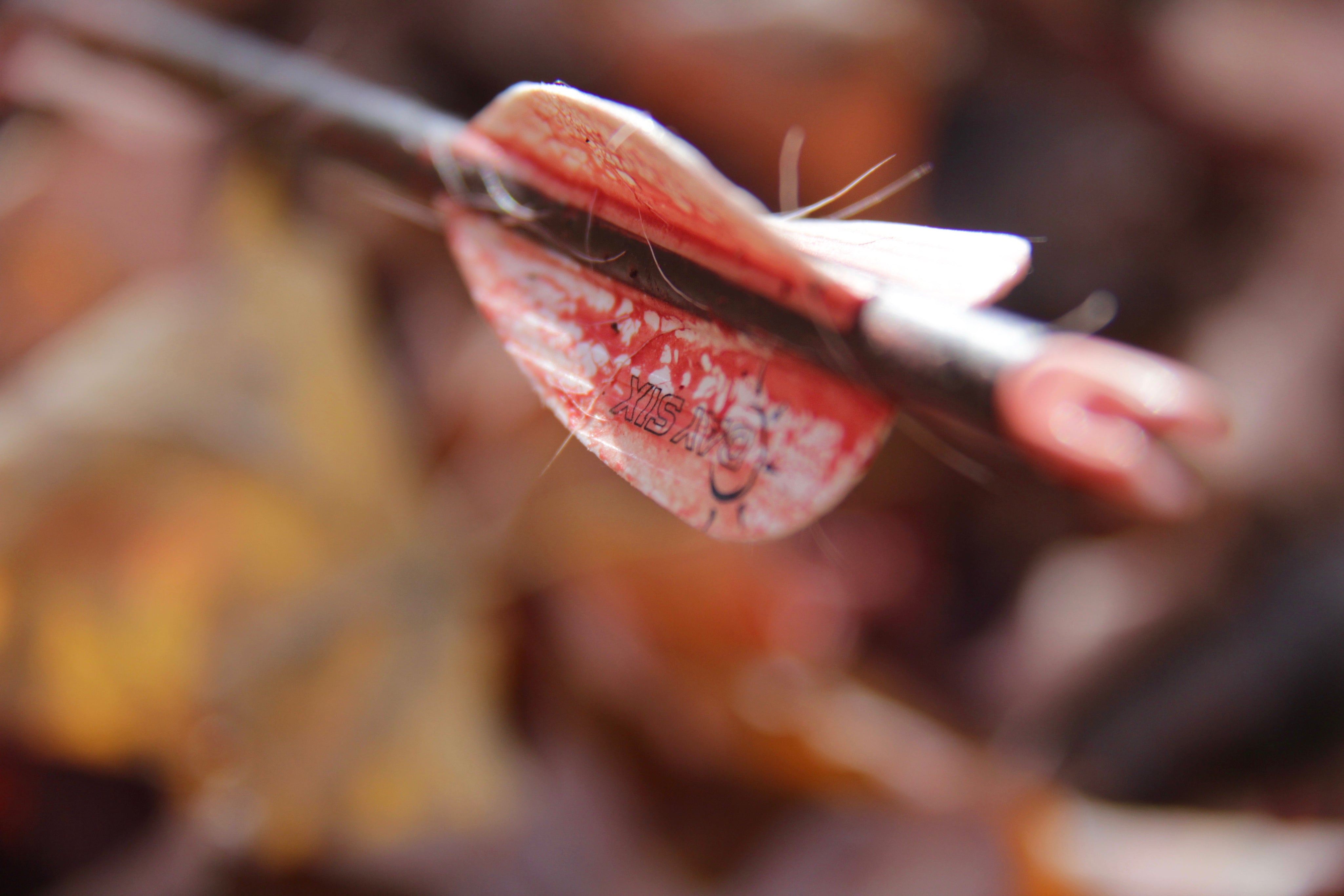Chips make a pile

My earliest memories of childhood are filled with sunny days outside, always outside.
Warm humid nights upon the water.......always on the water.
Feeble attempts at sleep on the floor of an old Army tent with my sunburned body encased in a moth tattered sleeping bag. I can still smell the musty aroma of moldy canvas that overpowered all else. It was intoxicating, it was heaven.
When sleep would finally triumph over my anticipation of the upcoming day, I
would dream of the giant bass dutifully guarding her bed. For in my dreams she would attack my every offering and tug heavily on my line once we both were committed to battle. Leaping into the air amidst a constellation of water, she’d ever so slowly give way while I recovered the old dry rotted monofilament. Gliding into my grasp, mouth agape, I'd heave her mass into the air and loud cheers would rise from the crowd......it's a dream people, there's always a cheering crowd.
In contrast, the reality was a subtle bite on the first cast into her nest, an awkward hook set, one jump and the betrayal of the aforementioned dry rotted monofilament. Days of torment followed as the old bass snubbed my every attempt with such a degree of indifference that I questioned whether the first bite was a dream itself.
They say that lessons learned from failure are those that resonate the loudest in
the human brain. For me, those lessons translated quickly into an understanding of a cause and effect. While solutions came into focus more naturally for me than most, those solutions still only offered modest success afield. Only with repetitive failure did the evolution of sound strategies emerge.
What I took away from my parlay with the giant bass (probably only 3 pounds
upon reflection) that summer are two things;
- One, your first chance is always your best chance and you better make it
count.
- Two, your tackle is the connection between you and the game and it must
be in perfect working order.
Sound familiar? It should, as it translates to all pursuits of game whether by flood or field.
A hyper focus on these two points is the difference between a consistently successful outdoorsman and someone with a lot of “the one that got away” stories.
As it relates to archery hunting, there’s a reason the same ten percent of hunters
fill ninety percent of the tags......details. Those who are obsessive with their archery
tackle understand the concept of “chips make a pile.” Those willing to invest the time or energy to make one percent improvements to their gear will realize substantial gains in the collective of those small details. If you improve twenty things one percent, it’s a net gain of twenty percent improvement.
To that end, not all adjustments yield only a one percent gain, some may be worth more as it pertains to success. For example, see the following breakdown.
- If your drop away rest has a 1% chance of failure.
- If your mechanical broadhead has a 5% chance of failure.
- If bare shaft tuning increases your chances of a pass through by 10% due to
perfect arrow flight.
- If reducing the draw weight improves your accuracy by 5%.
- If lighted nocks have a 1% chance of failure.
I could go on and on but you get the concept, chips make a pile.
The time to make improvements to your gear is now, in the off season. That
doesn’t mean setting up your bow differently from how you’re going to hunt with it
just for 3D events this summer. It should be set up exactly how it will be taken afield
and practiced with as much as possible. That way, if there’s a potential failure point
you’ll have plenty of time to discover it and implement a remedy.
How do you determine what’s suspect and ripe for improvement and what’s not?
If you shoot your bow often and with a lot of reps those potential failure points will reveal themselves. I assure you of this, you won’t find the info on YouTube...go shoot your bow.
Hopefully this is helpful info and will motivate some to begin their preparation
now instead of waiting until the last minute. Remember, chips make a pile so if you
can spend the next few months making incremental improvements you’ll reap the
benefits in the Fall.
As always, thank you so much for your continued support of this small, family run company. We are truly blessed and will continue to strive for improvement daily.



